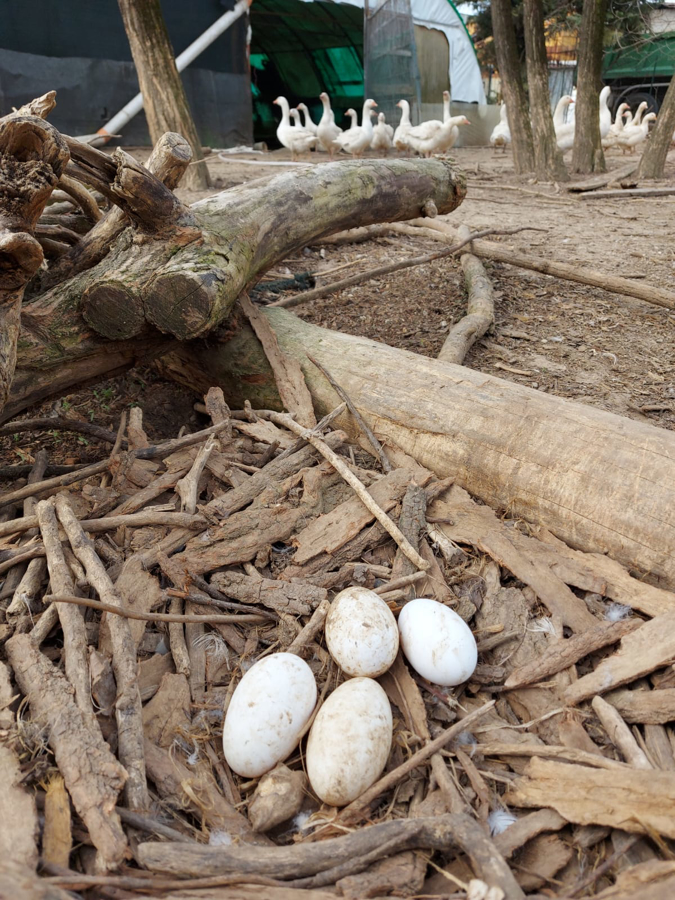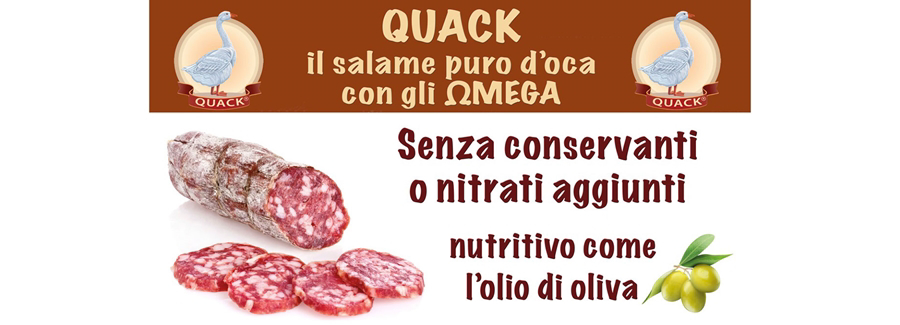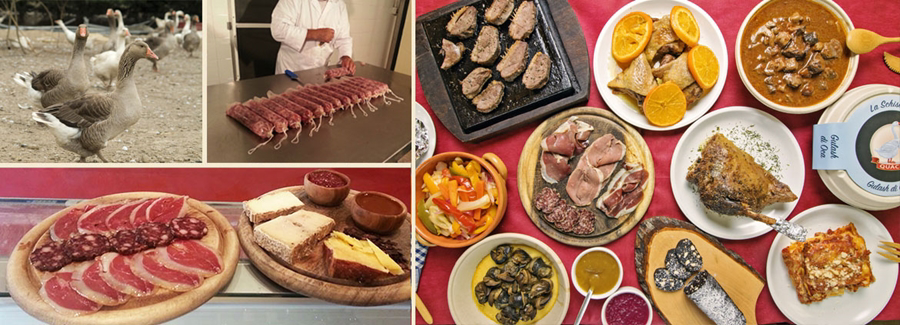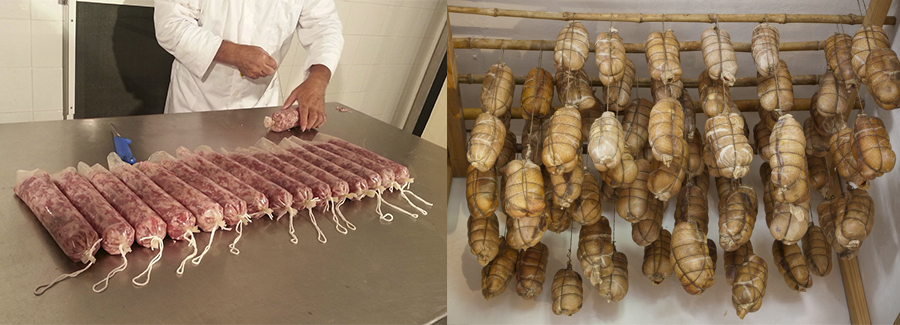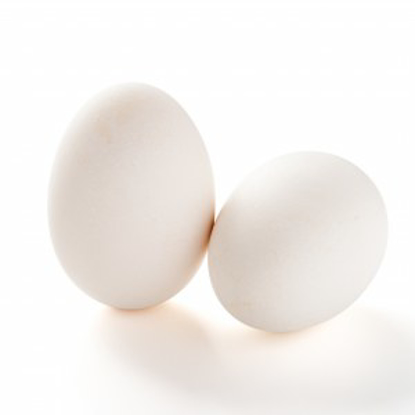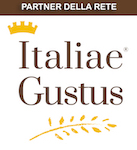I cookie ci aiutano a offrire i nostri servizi. Utilizzando i nostri servizi, acconsentite all' utilizzo dei nostri cookie.
Non ci sono articoli nel tuo carrello

AVVISO IMPORTANTE:
Per tutti gli ordini ricevuti dal 16 dicembre in poi non possiamo garantire la consegna entro il giorno di Natale.
Rimane disponibile il ritiro degli ordini direttamente presso il nostro spaccio agricolo di Pregnana Milanese
Informiamo i nostri clienti che per ordini online SUPERIORI A 69 EURO LA SPEDIZIONE E’ GRATUITA ----------------------------
ANATRA ALLO SPIEDO E
COSCIOTTO D’OCA ALLO SPIEDO
DISPONIBILI SU PRENOTAZIONE IN NEGOZIO
UOVO D'OCA
L'uovo d'oca è un prodotto raro e prezioso, dal gusto delicato e dalla consistenza sorprendente. L'uovo d'oca è stagionale: viene deposto da febbraio ai primi di maggio e da fine ottobre a metà dicembre.
Rispetto ad un uovo di gallina il tuorlo è più voluminoso (circa 3 volte più grande) e ha una consistenza più densa. Per questo motivo, le uova di oca sono particolarmente adatte a ricette in cui si utilizza prevalentemente il tuorlo, come la pasta fresca e varie preparazioni dolci come la creme brûlé, il budino, le torte da forno e la crema pasticcera.
Dal punto vista nutrizionale, questo tipo di uova hanno una buona quantità di nutrienti e calorie (185 kcal per 100 g di prodotto) e, dipendentemente dal tipo di alimentazione seguita dalle oche e dalle modalità di allevamento, le loro uova sono ricche di acidi grassi omega-3.
Anche il contenuto proteico è abbastanza rilevante con circa 14 g di proteine per 100 g di alimento. Inoltre, le proteine che contengono sono di elevato valore biologico, ossia contengono una buona quantità di amminoacidi essenziali, di cui possiedono il corredo completo. La quantità di carboidrati è invece molto bassa con 1 g ogni 100 g di prodotto.
Nell'uovo d'oca sono inoltre presenti anche vitamine e minerali, come l'acido folico, la vitamina B12, la vitamina A, così come selenio e ferro (2,6 g per 100 g di prodotto), fosforo (200 g ogni 100 g di prodotto) e calcio (52 g ogni 100 g di alimento) in discrete quantità.
